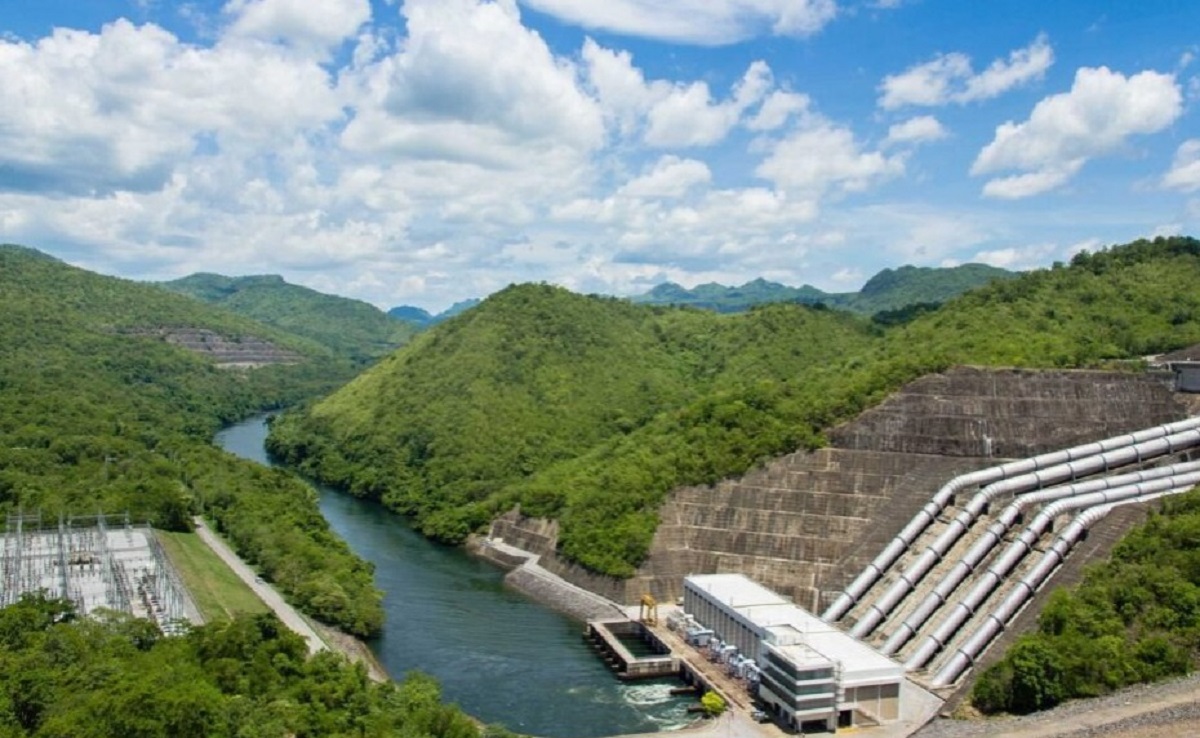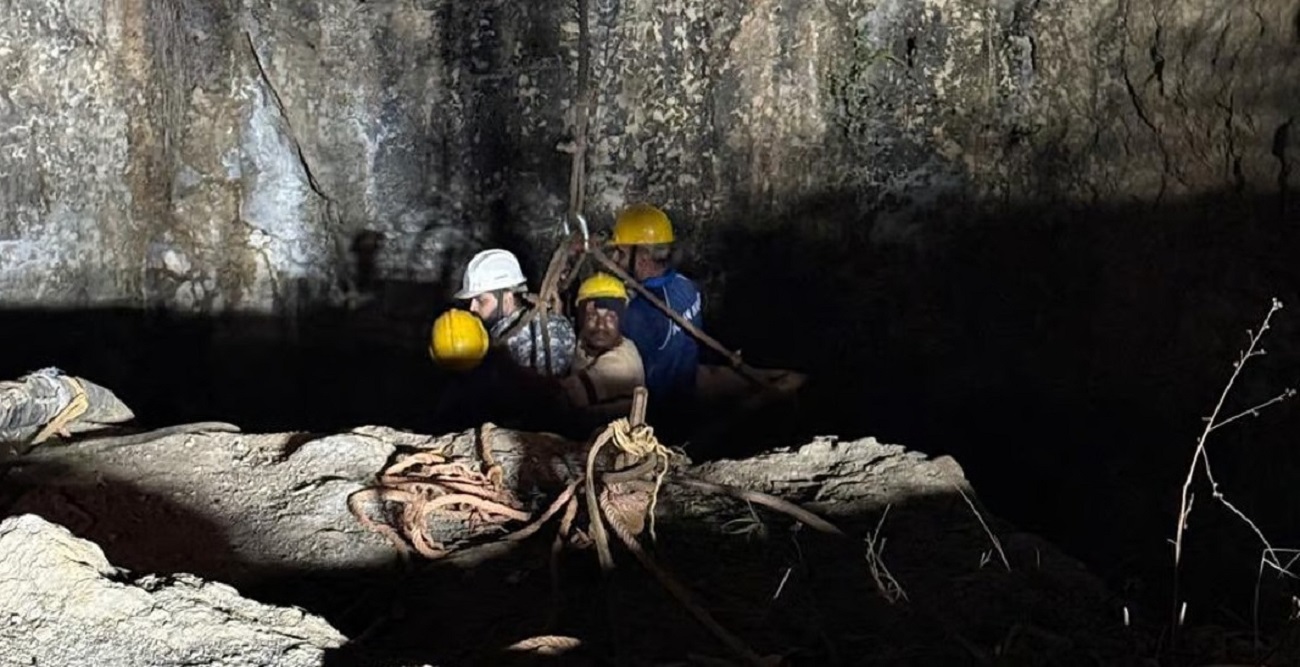In a landmark development for India’s northeastern region, Assam is set to become home to the Northeast’s first-ever Pumped Storage Project (PSP), a pioneering hydroelectric energy storage system aimed at stabilising the power grid and meeting peak electricity demand. The project is part of a massive ₹12,000 crore investment by Hyderabad-based renewable energy company Greenko Group, which has committed to developing large-scale energy infrastructure in Assam. The announcement marks a critical milestone in Assam’s journey towards clean, reliable, and sustainable energy systems. Chief Minister Himanta Biswa Sarma took to social media to confirm that the state government has held a follow-up meeting with Greenko to finalise project timelines. “Had a productive follow-up meeting with the Greenko Group on their investment commitments made during #AdvantageAssam2. We are expecting work to commence on over ₹12,000 cr of power-related projects before the year,” he posted on his official X (formerly Twitter) handle.
The pumped storage project is expected to begin construction this year and is designed to function as a large-scale battery, storing excess power during periods of low demand and releasing it when demand is high. This capability makes PSPs a key technology for supporting renewable energy sources like solar and wind, which are often intermittent. According to officials, the project will not only boost Assam’s power security but will also create employment opportunities, support local industries, and position the state as a leading contributor to India’s green energy goals. The investment was first announced at the #AdvantageAssam2 summit, where Greenko Group committed to establishing significant energy infrastructure in the state. With this project, Assam joins the national push toward clean energy and climate resilience, leveraging its natural resources for long-term economic and environmental benefits.
The pumped storage project is expected to play a crucial role in balancing Assam’s energy load, reducing dependency on fossil fuels, and integrating renewable energy into the grid. Moreover, the project will likely encourage further private investments in the state’s power and infrastructure sectors.




